Now, imagine a society that has not reached the convenience store stage and is so wrapped up in fulfilling its physiological needs, no one can get to the seemingly "more important" tasks. That's Morocco. I'm not trying to spin this in a positive or negative light, but rather writing how I see things as an objective outside viewer.
If you were to take Wal-Mart and explode it into 75 little stores and scatter them along a narrow street lined with donkeys and wheelbarrows you would have a makeshift Morocco. Each store has a specialty ranging from egg stores to oil markets and carpet shops. If you were to bake a cake for example, you would have to go to the egg, flour/sugar and spice shops before obtaining all the necessary ingredients.
The average Moroccan makes $4,800 USD a year, so it is important for them to spend their money wisely and make the most of what they have. Things that would be thrown away in the U.S. such as plastic containers, ripped jeans, a pot with a hole and newspaper are saved, repaired and recycled to be used over and over in many different forms. In addition, many products that would normally be machine or factory made are made by hand in Morocco.
I was shocked to see the amount of work that goes into handmade products here, and the sense of pride that the Moroccans have for their exquisite goods. From carpets to scarves to tiles and wooden goods, you can always count on a little shop with Moroccans hard at work to produce the finest items.
During one of our days in Fes we toured a ceramics factory. The factory employed somewhere around 500 workers, and I was stunned to see the complex process to create ceramics pieces. For example, here are the steps involved in creating a fountain:
1. The clay must be shaped into a tile.
2. The clay is fired.
3. The tile is glazed and hand painted with an elaborate design or glazed one color.
4. The tile is re-fired.
5. The tile is hand cut and chiseled into smaller square tiles, or the face of the tile is chipped off to create a design such as a flower or leaf.
6. The smaller mosaic tiles along with the chiseled flower designs re hand glued into a specific pattern and shape for the fountain.
7. Occasionally, silver is welded onto the face of the fountain to add an additional design element.
All of this by hand! It takes weeks upon end and many workers to produce a single fountain.
It took me awhile to wrap my head around this huge cultural difference of handmade goods. I was mostly shocked because:
a. In my mind, handmade items are counterproductive. The time it takes to produce them and the labor costs associated seem like they could not compete with the benefits of factory produced goods.
b. I felt really bad for the little people sitting at a loom tying knots in a carpet day in and day out or the poor man spending his life chipping away at tiles to create the perfect design. This type of lifestyle seemed horrible to me.
The more I thought about it, the more I began to realize the benefits of the system and accept the realities. The bottom line is that it is a way to employ a lot of people in an country that is not yet developed enough to mass produce factory goods and with a highly uneducated population with high poverty and unemployment rates. At least these people had jobs they could return to day after day. Although not glamorous, they were in much better shape than the beggars and "guides" wandering around the street willing to do anything for work or money.
While I appreciate all the beautiful handmade goods, I still don't feel great about the lifestyles many of these workers live, and continue to ask myself time after time why I was the fortunate one who got to be born in the United States. I think there is a lot we can learn from the thriftiness of the Moroccan culture, and a lot that we can be thankful for coming from the easy lifestyles we have.
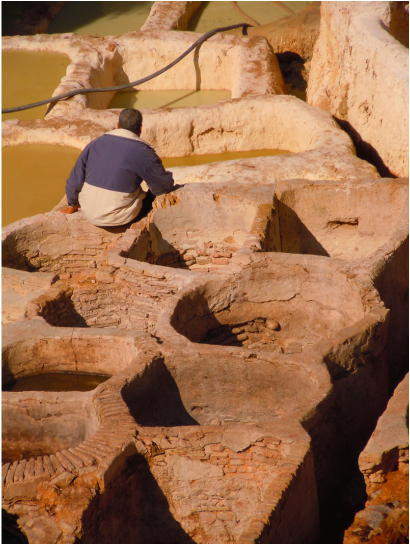
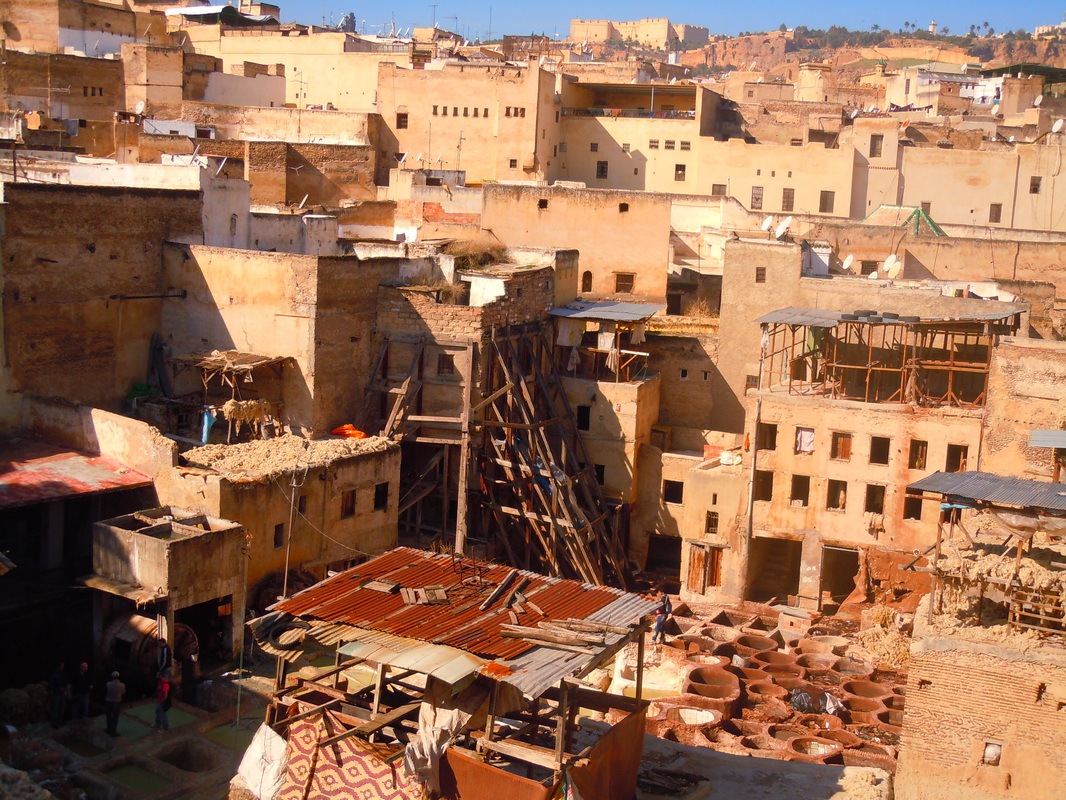
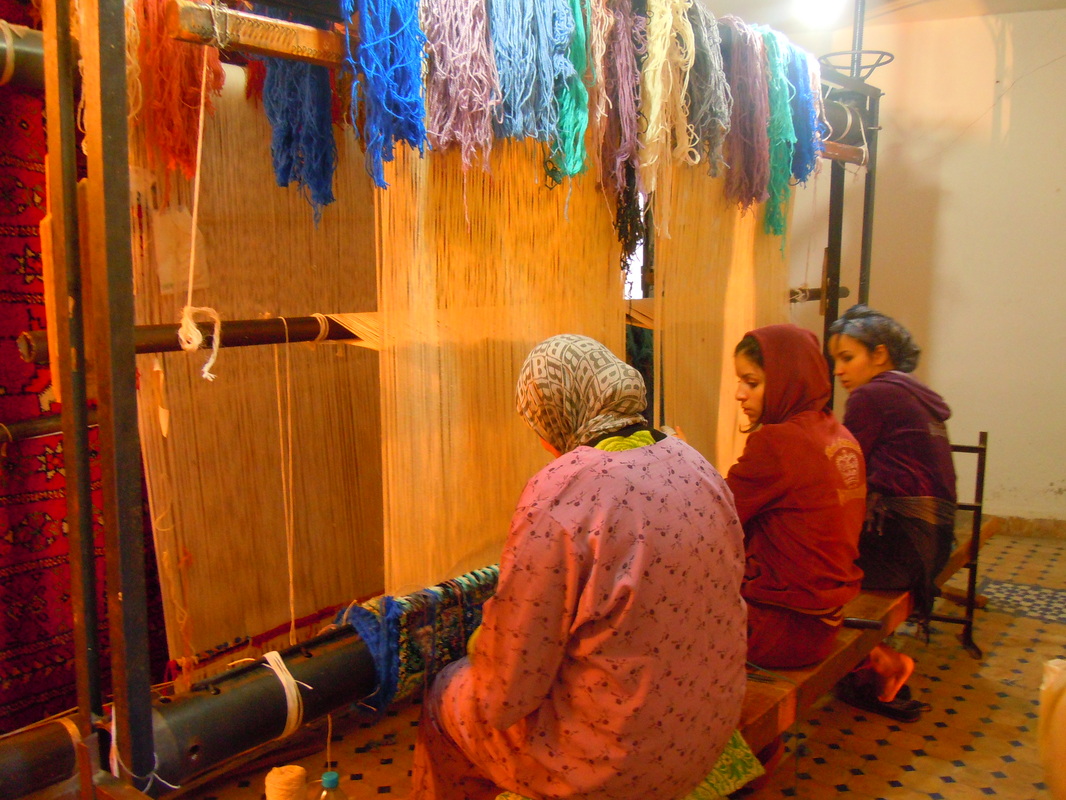
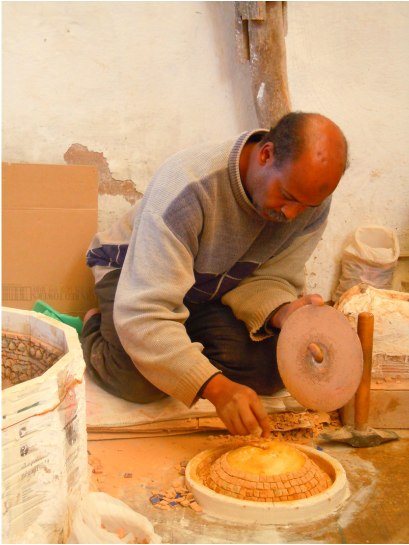
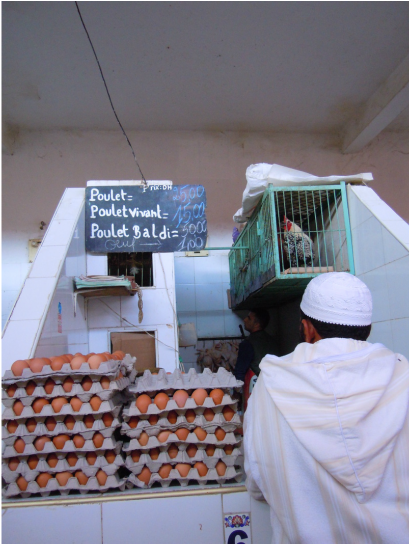
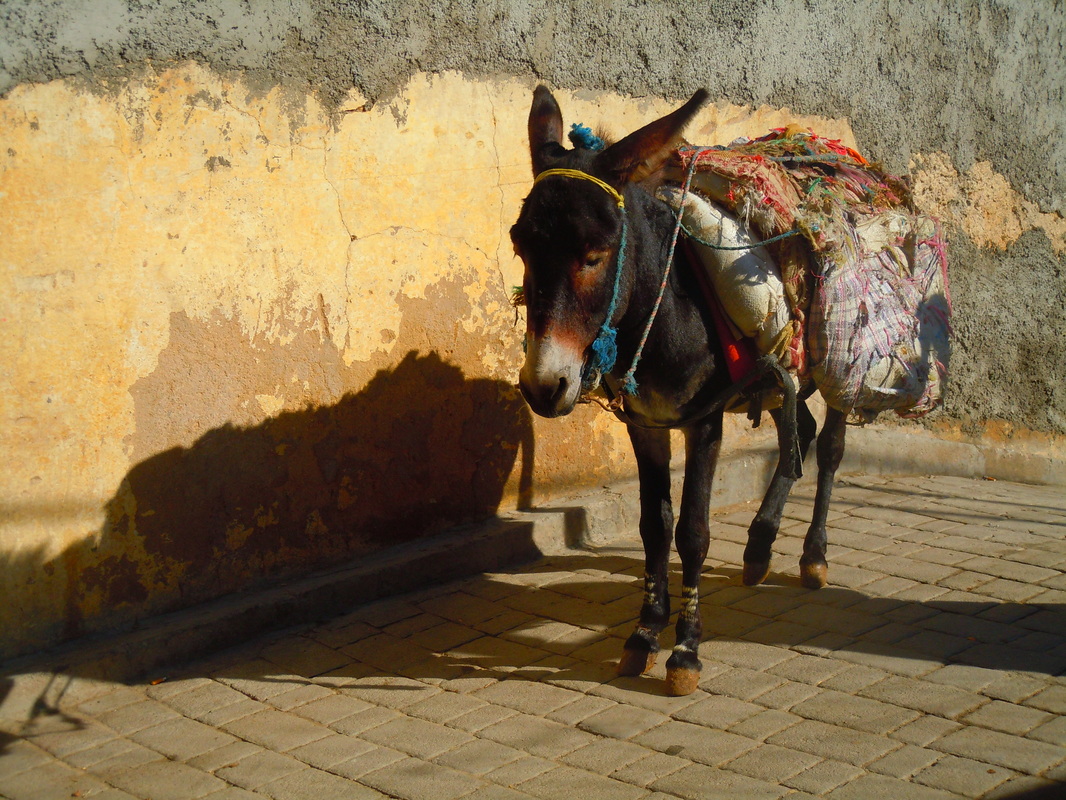
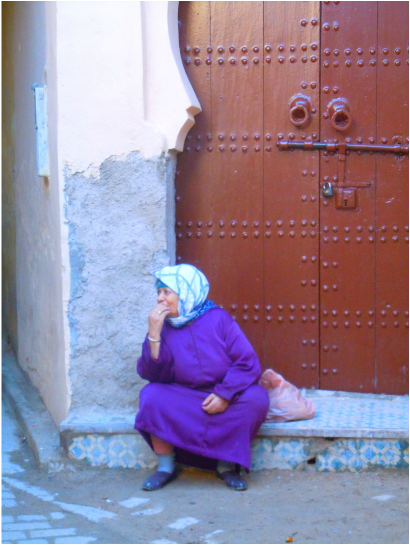
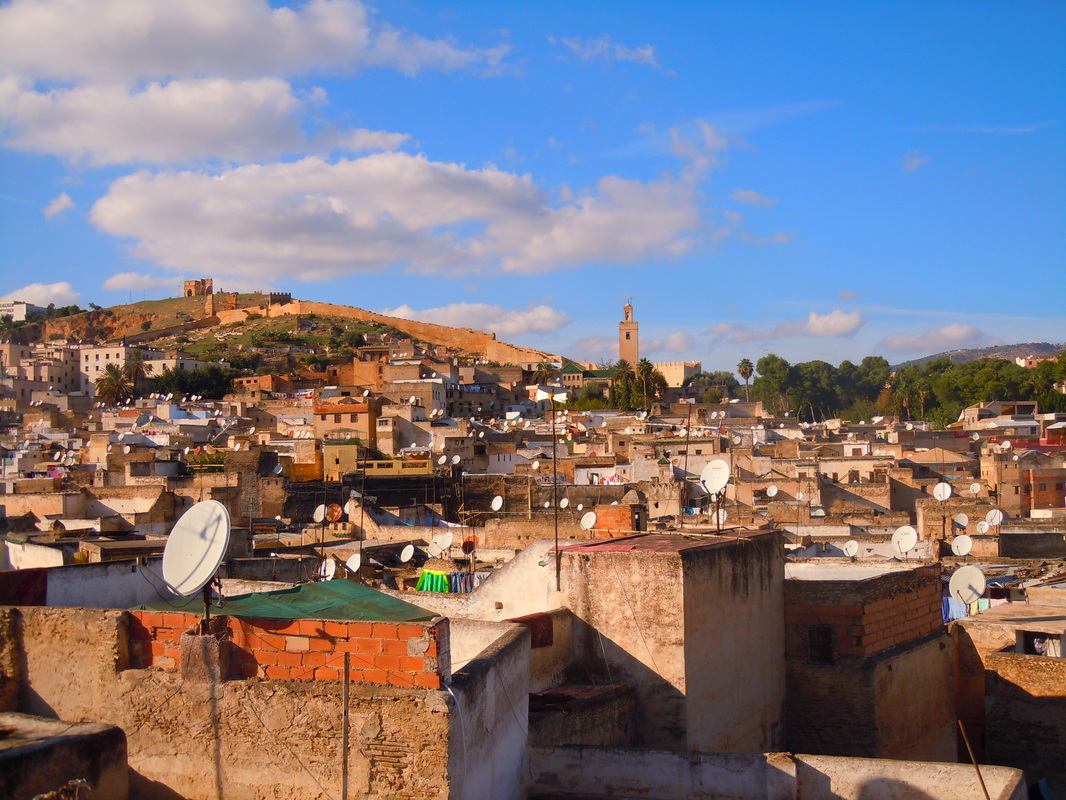
 RSS Feed
RSS Feed
